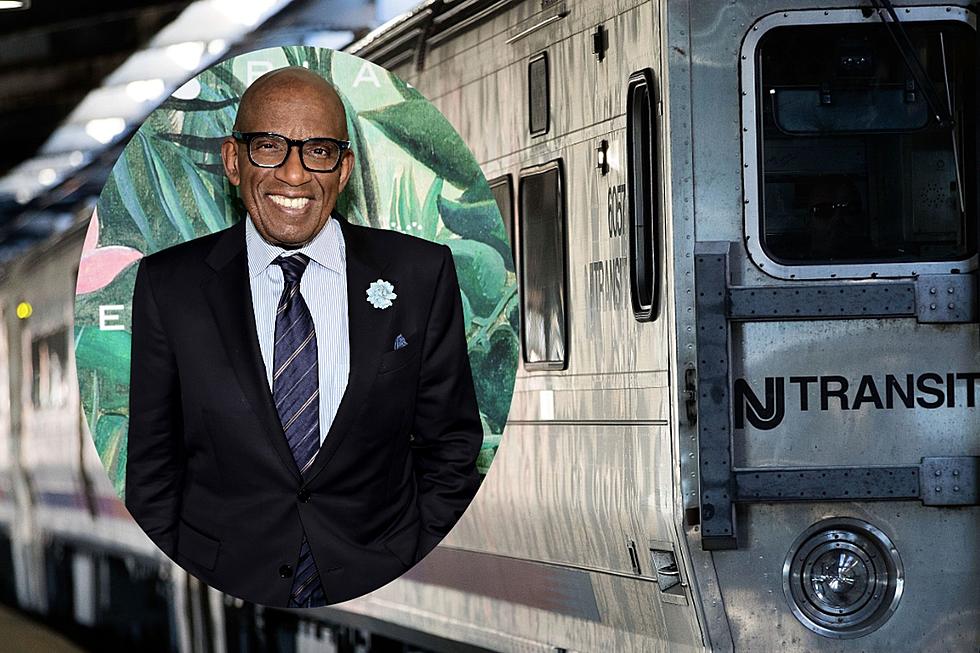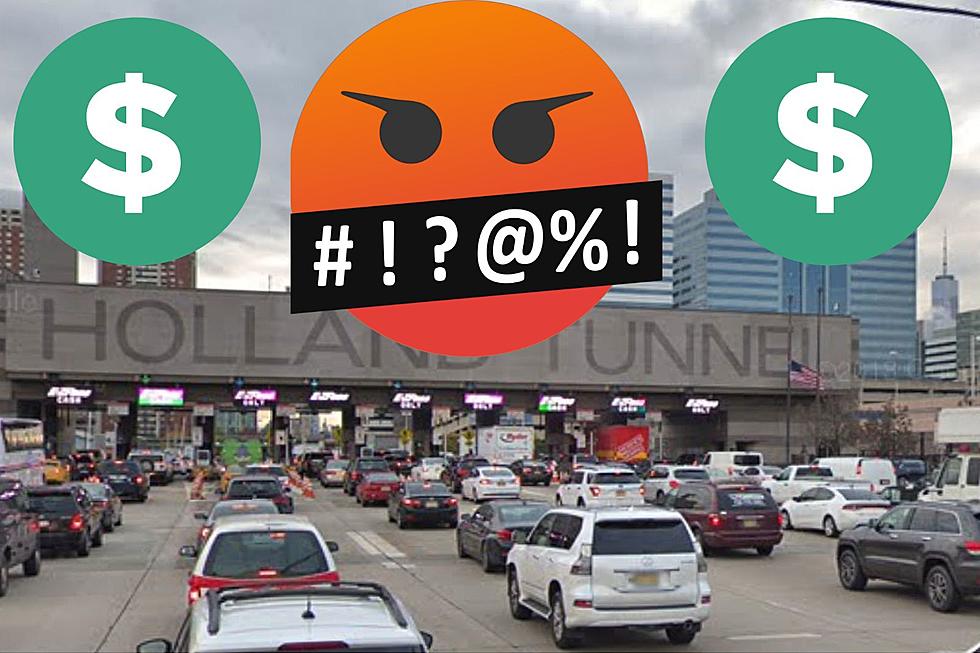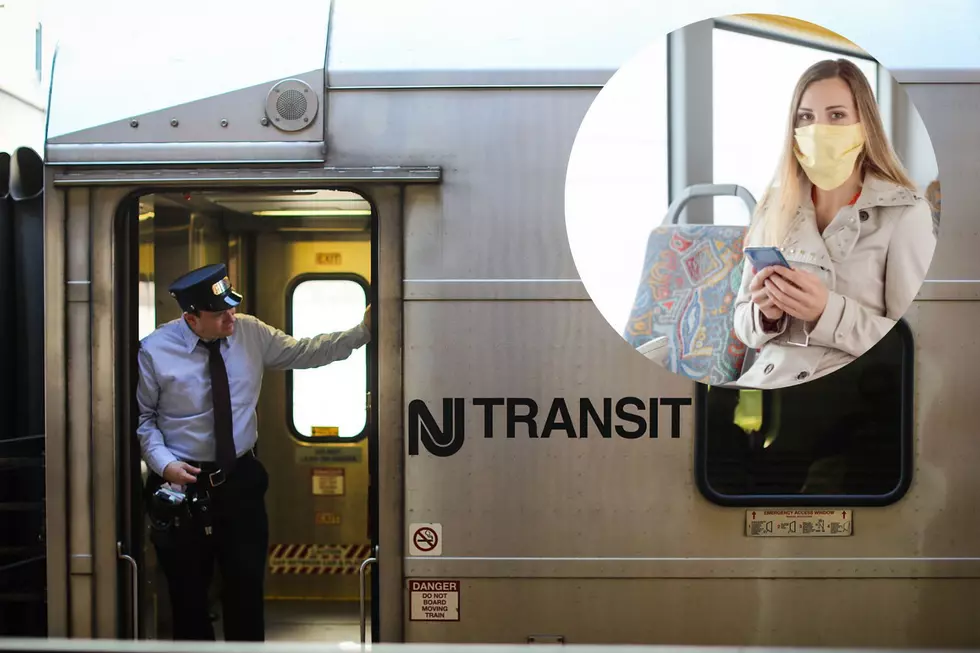![Commuters Face Longer Delays On NJ Transit [AUDIO]](http://townsquare.media/site/385/files/2012/03/NJTransit1.jpg?w=980&q=75)
Commuters Face Longer Delays On NJ Transit [AUDIO]
If you commute on New Jersey Transit daily, you may encounter fewer delays, but they are affecting more riders.
While delays were down 11% overall last year, broken signals and falling power lines are leading to bigger system-wide delays, averaging roughly three hours and 25 minutes according to analysis of public records.
"Trains run into glitches and problems just like the average commuter heading to work by car. They can face accidents, road closures, etc." said NJT spokeswoman Nancy Snyder.
She says there are over 860,000 weekday passenger trips on New Jersey Transit trains, and last year they provided over 82 million trips.
"Let's look at the year....we had a bad winter, Hurricane Irene...and yet we were able to deliver an on-time performance of 95%" said Snyder.
Snyder acknowledged that there were delays and that NJT does try to accommodate passengers.
"We cross honor tickets, we re-route trains out of affected areas, we keep passengers informed online."
The agency is spending $43 million to upgrade equipment this year, although spending in the state transportation budget dropped to 33% this year.
"That will be used for electrical repairs and signal repairs. We are always striving to improve the product that we have."
Amtrak, which owns and operates New Jersey Transit, is resuming a $450 million project that started in 1996 to bring high speed rail to the Northeast Corridor, which would improve the lines from Trenton to New Brunswick. Its scheduled to be complete by 2017.
RELATED:
More From New Jersey 101.5 FM









